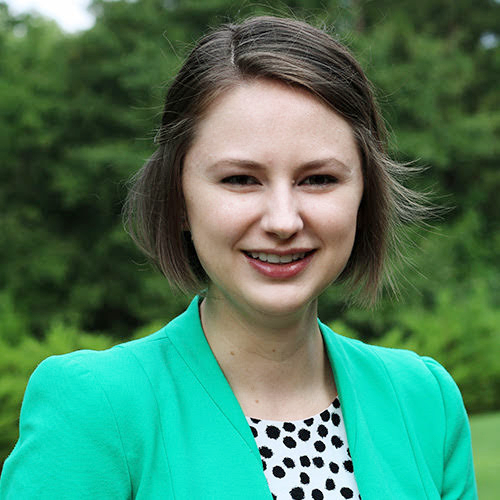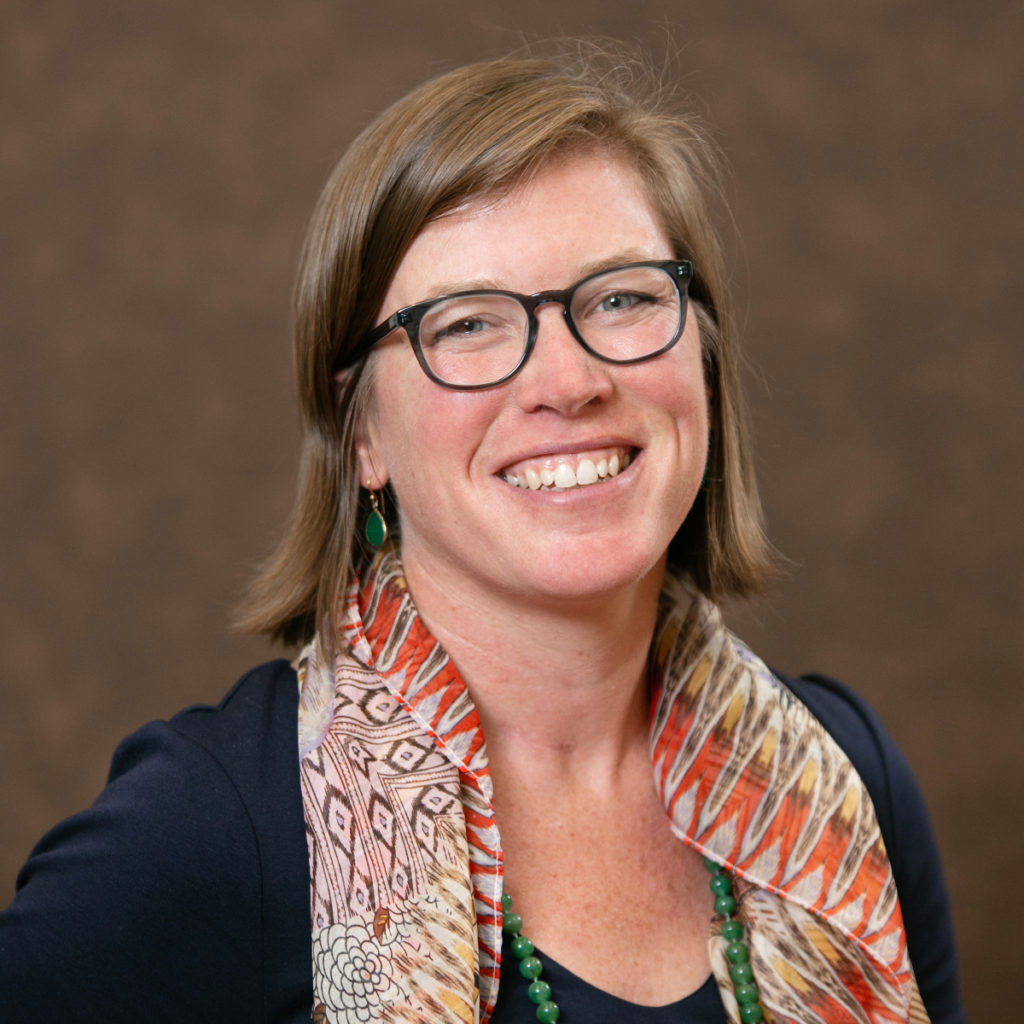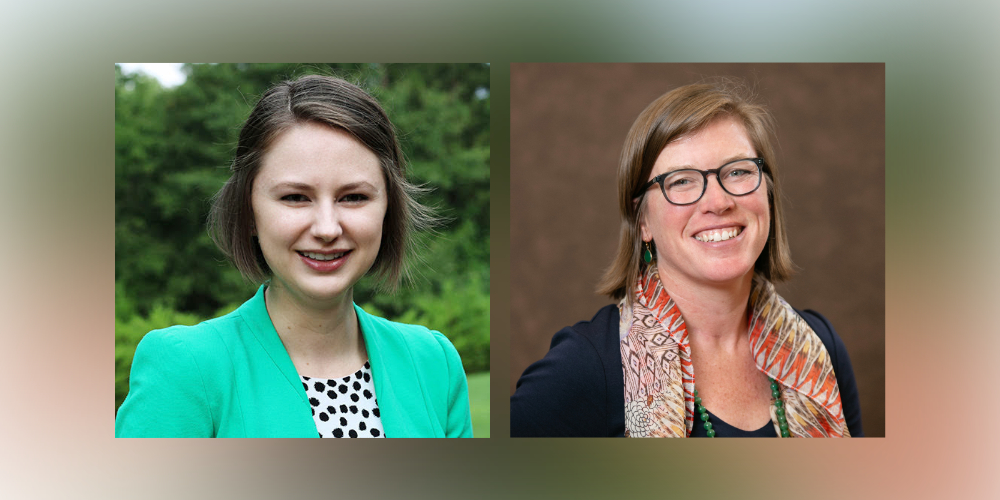ATLANTA – Two Mercer University College of Education faculty members were awarded grants from The Spencer Foundation during the most recent selection cycle.
The Spencer Foundation is a leading funder of education research since 1971 and is the only national foundation focused exclusively on supporting education research.
Dr. Leah Panther, assistant professor of literacy education, along with collaborator Dr. Eric Parker, who serves as principal of Tucker High School in DeKalb County, were awarded a grant through the Research-Practice Partnerships (RPP) Grants Program.
Dr. Susan Cannon, assistant professor of elementary and middle grades education, was awarded a grant through the Small Research Grants Program.
“Dr. Panther and Dr. Cannon are strong teacher-scholars, and these awards recognize the promise of their ideas and the strength of their accomplishments. Their projects highlight areas of emerging identity for the College of Education: developing and maintaining productive partnerships and striving for educational equity,” said Dr. Thomas Koballa, dean of the College.
RPP grants are intended to support education research projects that engage in collaborative and participatory partnerships with project budgets up to $400,000 and durations of up to three years. The program supports researcher-practitioner partnerships that aim for new insights into the processes, practices and policies that improve education for learners, educators, families, communities and institutions where learning and teaching happen, such as schools, universities, museums and other workplaces. Grants are awarded once per year.

Dr. Panther’s project, titled “Use Your Voice: Linguistic Justice to Literacy Practice in the State of Georgia,” will establish the Linguistic Justice Collaborative (LJC), extending a current school-university partnership to create a self-sustaining research infrastructure over three years.
The goals of the LJC are to build capacity for linguistic justice in the state of Georgia through professional learning and training of current and future literacy leaders; engage in community-initiated participatory research activities; and continue to build and extend relationships with communities throughout the state of Georgia to directly support youth literacy.
The LJC will offer hybrid summer literacy workshops where youth from community partner schools – and eventually throughout the state – engage in free culturally and linguistically sustaining literacy programming. The workshops will also serve as participatory research projects where project teams answer pressing dilemmas related to language, linguistic diversity and community accountable educational opportunities for youth.
“Over the past three years as I’ve grown roots in Georgia, I’ve marveled at what makes the state so unique. One of those highlights has been getting to know the cultural and linguistic diversity of the state,” said Dr. Panther. “Talking with teachers, community members and learners, I kept coming back to a few questions that I wanted to answer for myself. It is truly exciting to know that the Spencer Foundation shares an interest in figuring out the answers to these questions, too. As I have begun work on this grant over the past few months, I am already encouraged by the outpouring of interest and support from local community members, organizations and schools that want to be a part of this work to value and support Georgia’s youth.”
Small Research Grants are intended to support education research projects that will contribute to the improvement of education, broadly conceived, with budgets up to $50,000 for projects ranging from one to five years. This program is “field-initiated” meaning that proposal submissions are not in response to a specific request for a particular research topic, discipline, design, method or location. These grants support rigorous, intellectually ambitious and technically sound research that is relevant to the most pressing questions and compelling opportunities in education. Grants are awarded three times per year.

Dr. Cannon’s project, titled “Equity Based Tools in Virtual Field Work and Induction of Elementary Mathematics Teachers,” investigates an innovative model of teacher induction that harnesses the expertise of graduates of Mercer’s K-5 Mathematics Endorsement Program to mentor and support preservice elementary math teachers in their field placements and through their first year of teaching.
The project, which springs from a Mercer Provost’s Seed Grant, investigates the effect of two tools previously developed and published by other scholars – the EQUIP (Equity Quantified in Participation) app and the Levels of Classroom Discourse (LCD) rubric – that are used to support elementary teachers in building equitable mathematics communities.
“In my first year of working with Mercer graduate students in the elementary mathematics endorsement program, I was struck by the deep pedagogical and content knowledge that our graduate students possess. I wanted to build connections between our strong Mercer graduates and our preservice teachers, and to do so with equity as the central tenant,” said Dr. Cannon.
About the College of Education
Mercer University’s Tift College of Education – with campuses in Macon, Atlanta and the University’s two regional academic centers – prepares more professional educators than any other private institution in Georgia. Named for the former women’s college that merged with Mercer in 1986, the College of Education offers baccalaureate and graduate degrees, and is guided by the conceptual framework of the “Transforming Educator,” which supports those who aspire to grow professionally throughout their careers, while also seeking to transform the lives of students. For more information, visit education.mercer.edu.










